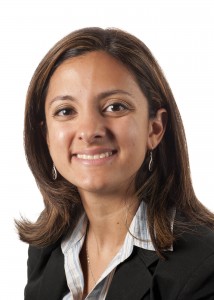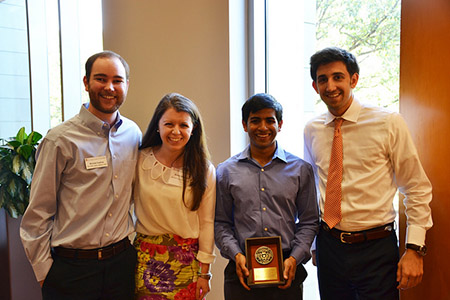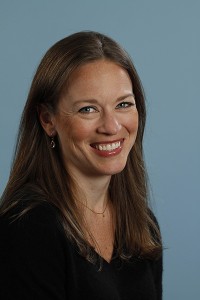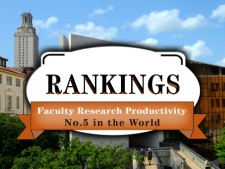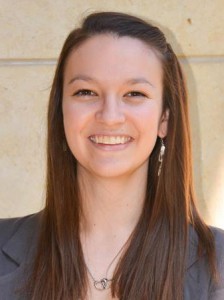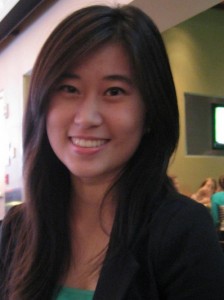BHP freshman, Anisha Srivastava, started a unique mentoring program this year called Project Activate. The program is designed to bring college students and high school students together for tutoring. A group of UT freshmen including students from BHP and Plan II honors will be selected each year to pair with a group of high school freshmen at local Austin high schools. Each high school student in the program will receive one-on-one tutoring from a UT student in five subjects including: algebra, biology, English, geography and geometry.
The program officially launched on March 19 with a group of high school students that were recommended for the program by their teachers. “It’s started smaller than we hoped with nine high school students total, but I’m so happy to get started even if it is a smaller start than we hoped for,” said Anisha. “Despite the small group, it went really well. The students reacted so positively and I think we’re really going to have some great results!”
Anisha hopes her program will go beyond just tutoring, “I want to make this program different from other tutoring programs by adding a mentoring aspect,” she said. “The tutor and high school student will progress through their four years together, all the way through to graduation.” She is hopeful that the narrow age gap between tutors and students will prove effective. “We just went through this process of learning the material and we remember having to make the same connections they’re having to make right now to make the material make sense,” said Anisha. “In addition to teaching the material, the tutors are teaching them how to learn something.”
The idea behind Project Activate is to activate the potential in students. The big focus for Anisha is on activating intellectual interest, goals, career aspirations and creative thought. “The idea that you can succeed,” she said.
The idea for Project Activate stemmed from a non-profit organization Anisha co-founded with her twin brother, Arjun Srivastava who is also a Plan II Honors student studying business and pre-med. The duo started goMAD (Make A Difference) during high school in Allen, TX. This organization raised $10K in its first year for a home in India that cares for 40 HIV positive children. “Fundraising for an international cause started to feel impersonal,” said Anisha. “So, Project Activate is my way of expanding the idea of goMAD by practicing philanthropy at the local level.”
Success of the program has already spread to other school in the Ausitn Independent School District; Anisha recently met with another local high school interested in implementing the program at their school.
Looking ahead to the future of Project Activate, Anisha hopes to continue to recruit BHP and Plan II freshmen to grow the program and connect with more high school students, “MY BHP peers are some of the brightest and most passionate people I have ever met,” said Anisha. “I know that each BHP student involved in Project Activate will go above and beyond to help the high school students achieve their absolute best.”
BHP and Plan II students interested in getting involved with Project Activate should email Anisha directly to discuss the program.


